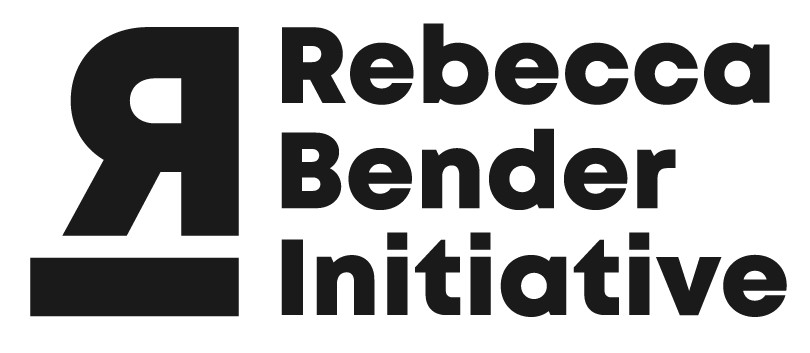Ethical Storytelling:
A Conversation with Rebecca Bender
In the battle against human trafficking, one powerful tool has the potential to transform hearts, ignite empathy, and inspire action: ethical storytelling. I had the privilege of sitting down with Rebecca to delve into the impact and significance of ethical storytelling in our fight against exploitation.
As we began our conversation, Rebecca emphasized the power of a compelling story. "A well-crafted narrative has the ability to captivate hearts and move people to action," she shared. By sharing authentic stories, we have the opportunity to humanize the issue of human trafficking and mobilize communities to actively engage in creating change.
However, Rebecca also shed light on the danger of unethical storytelling.
"Unethical stories profit from sensationalizing survivor experiences," she explained. They often overlook survivors' strength and agency, reducing them to objects of pity. This kind of storytelling not only perpetuates harmful stereotypes but also fails to empower survivors in their journey of healing and recovery. She stated,
"Unethical storytelling in human trafficking looks like survivor stories used without their consent, minimizing their efforts in their own escape by taking a savior or rescue approach, making money off survivors,(what our traffickers did) and only focusing on the worst moment of their life instead of the whole of who they are."
In contrast, ethical storytelling honors the survivor's journey and presents them as whole individuals. Rebecca stressed the importance of showcasing survivors' resilience and their pivotal role in healing and rebuilding their lives. By focusing on their ongoing growth, empowerment, and the transformative power of their stories, ethical storytelling provides a more accurate and empowering narrative.
Throughout our conversation, Rebecca reminded us of our responsibility as consumers of stories. "We have the power to drive change," she said. By demanding ethical storytelling, supporting survivor-centered narratives, and refusing to engage with exploitative content, we can create a positive ripple effect. Through our actions, we amplify survivor voices, challenge misconceptions, and contribute to a more compassionate and just society.
Ethical storytelling holds the potential to reshape narratives, mobilize communities, and effect real change in the fight against human trafficking. As Rebecca aptly put it, "We can reclaim the narrative." Let us embrace ethical storytelling, honoring survivors' resilience, championing their agency, and paving the way for a world free from exploitation.
We extend our deepest gratitude to the courageous survivors who have bravely shared their stories and knowledge, becoming beacons of hope for others seeking freedom.We all have to have a commitment to personal and organizational growth, constantly reevaluating our storytelling practices to ensure greater ethicality. By staying open to learning and evolving, we can strive to honor the autonomy and agency of survivors and contribute to a more responsible and impactful narrative surrounding human trafficking.
As storytellers, it's essential to reflect on the ethical implications of our narratives. Here are three questions you can ask yourself to ensure the ethicality of your story:
1. Am I respecting the survivor's consent and agency? Does the survivor willingly share their story, and have I obtained their explicit permission to include it?
2. Does my storytelling empower the survivor? Am I highlighting their strength, resilience, and autonomy throughout their journey, rather than portraying them as a passive victim in need of rescue?
3. Am I offering a comprehensive portrayal of the survivor's identity? Does my story go beyond their trafficking experience to encompass their multi-dimensional aspects, talents, and aspirations?
4. Am I amplifying diverse voices and perspectives? Have I made an effort to include a range of survivor experiences and ensure representation from various backgrounds, identities, and communities?
5. Is my story trauma-informed? Have I taken into account the potential impact of sharing sensitive details and traumatic experiences, and have I approached these subjects with sensitivity, compassion, and respect for the survivor's well-being?
6. Have I considered the potential consequences of sharing the story? Am I mindful of the potential risks or harm that may arise from disclosing certain information, and have I taken appropriate measures to protect the survivor's privacy and safety?
By regularly asking ourselves these questions, we can uphold the principles of ethical storytelling, honor survivors' narratives, and contribute to a more accurate and empowering representation of their experiences.

